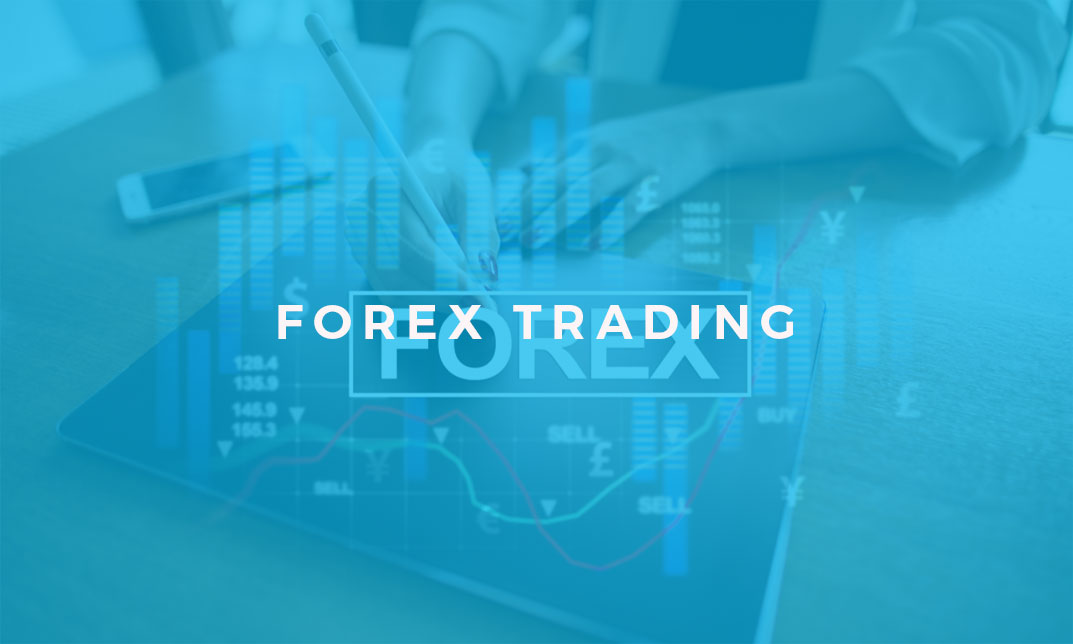Why Enrolling in a Forex Trading Course Can Increase Your Revenues Rapid
Why Enrolling in a Forex Trading Course Can Increase Your Revenues Rapid
Blog Article
Recognizing the Principles of Currency Exchange in Today's Global Market
In an increasingly interconnected global economy, understanding the basics of money exchange is vital for stakeholders throughout different industries. As central banks apply influence and technological improvements reshape currency trading, the implications for international business are significant.
The Basics of Money Exchange
Currency exchange is a basic facet of the international economic situation, assisting in worldwide trade and financial investment. It includes the conversion of one money right into one more and is important for businesses, federal governments, and individuals that involve in cross-border deals. The currency exchange procedure occurs in the fx market (Foreign exchange), which is the largest and most liquid economic market in the world, operating 24-hour a day, five days a week.
At its core, money exchange is driven by supply and demand dynamics. Currencies are sold pairs, such as EUR/USD or GBP/JPY, and the currency exchange rate between them shows just how much one currency deserves in terms of an additional. This rate varies continually as a result of trade flows, resources motions, and various other market activities.
Participants in the Forex market array from huge monetary establishments and international corporations to individual financiers and visitors. Each participant may have various purposes, such as hedging versus exchange rate risk, hypothesizing on money movements, or helping with global acquisitions. Recognizing the essentials of money exchange is vital for making educated choices in the global market, as currency exchange rate can considerably affect the expense of products and solutions, investment returns, and economic stability.
Factors Influencing Exchange Rates
Exchange rates are formed by a complex interplay of numerous economic factors, mirroring the relative strength and security of nationwide economic situations. Secret among these variables is rates of interest differentials. Higher rates of interest offer loan providers far better returns family member to various other nations, drawing in more foreign resources and creating the currency to value. Alternatively, rising cost of living prices play an essential duty; money in countries with reduced rising cost of living prices have a tendency to value as buying power increases about higher-inflation economic climates.
Additionally, trade equilibriums affect currency value. A nation with a substantial trade surplus commonly sees its currency appreciate due to boosted international demand for its goods and services, while a trade deficiency can damage the currency.
Political stability and economic performance are vital too; countries viewed as low-risk locations for financial investment tend to see their currencies appreciate. forex trading course. Market conjecture can additionally drive currency exchange rate fluctuations, as traders expect future activities based upon existing financial signs and geopolitical occasions. These factors collectively add to the dynamic nature of currency exchange rate in the international market
The Duty of Reserve Bank

Reserve banks additionally take part in fx treatments to remedy excessive volatility or misalignments in currency exchange rate. These treatments might involve acquiring or marketing international currencies to preserve a desired exchange price level. Additionally, main banks hold substantial international exchange books, which can be released purposefully to sustain their currency.

Technology and Currency Trading
While central banks form the overarching landscape of money exchange, technological improvements have actually changed the mechanics of currency trading itself. The spreading of electronic platforms has democratized access to fx markets, making it possible for specific traders to participate together with institutional financiers. On-line trading systems, equipped with real-time data and analytical tools, assist in educated decision-making and have actually added to enhanced market liquidity.
Mathematical trading, powered by advanced software application, has transformed the speed and efficiency of currency trading. Formulas perform trades based on predefined criteria, decreasing human treatment and reducing the time called for to exploit on market motions.
Blockchain innovation also assures a transformative influence on currency trading. By guaranteeing transparency and lowering deal expenses, blockchain can streamline negotiation processes, potentially mitigating threats connected with conventional trading methods. Cryptocurrencies, underpinned by blockchain, have presented a new measurement to currency trading, triggering market participants to adjust to an evolving economic environment. As technology continues to advance, its influence on money trading will likely deepen, forming future market dynamics.
Effect On Global Profession
In the interconnected landscape of international trade, currency exchange plays a pivotal function fit financial relationships between countries. Currency exchange rate affect the cost of exporting products and solutions, influencing competitive positioning in worldwide markets. A solid money can make a country's exports more pricey and less attractive on the worldwide phase, possibly decreasing market share. On the other hand, a weaker money can enhance export competitiveness yet might increase the cost of importing necessary items, influencing profession equilibrium.
Currency fluctuations can likewise result in economic uncertainties, complicating long-term planning for international firms. Businesses frequently hedge against these threats via economic instruments to maintain prices and earnings. Exchange rates his comment is here affect international direct financial investment (FDI) choices, as financiers look for beneficial problems to take full advantage of returns, impacting resources streams across boundaries.
Additionally, governments make every effort to preserve stable currency exchange rate to promote foreseeable trading problems, sometimes interfering in forex markets to attain economic purposes. Reserve banks might adjust interest prices or carry out financial policies to affect currency toughness, thus affecting profession dynamics.
Verdict
An extensive understanding of currency exchange fundamentals is critical for browsing the view intricacies of the international market. Exchange prices, shaped by interest rates, inflation, and economic development, are pivotal in figuring out money assessments.
Report this page